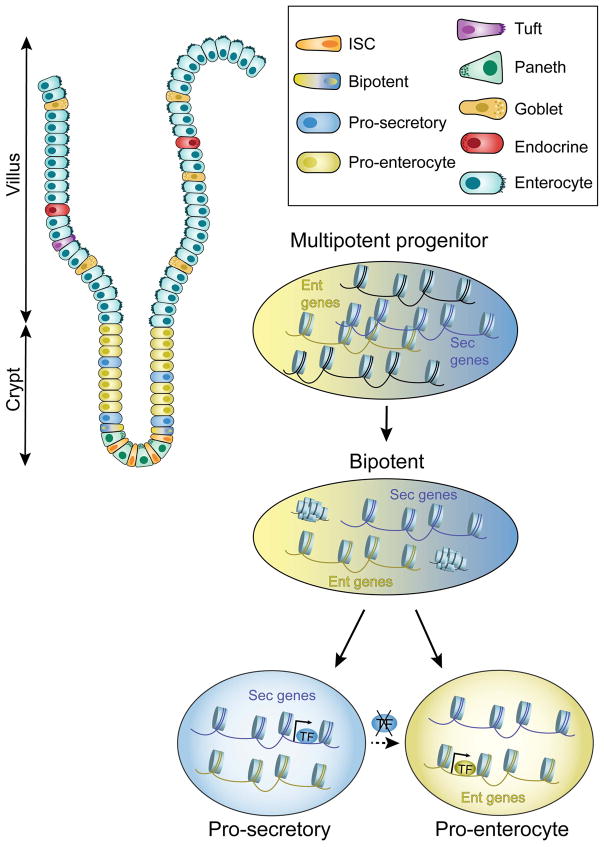Figure 1. Intestinal progenitors maintain an accessible chromatin state that underlies cell plasticity.
Although chromatin states become restricted in the course of the differentiation of intestinal stem cells into mature secretory and enterocyte cells, secretory progenitor cells maintain an open chromatin configuration at enterocyte loci that allows the conversion of secretory into enterocyte progenitors (normally regulated by lateral inhibition). Specifically, upon the loss of a secretory transcription factor, the secretory progenitor cell transdifferentiates into an enterocyte progenitor cell. Blue: secretory-associated factors; yellow: enterocyte-associated factors.

